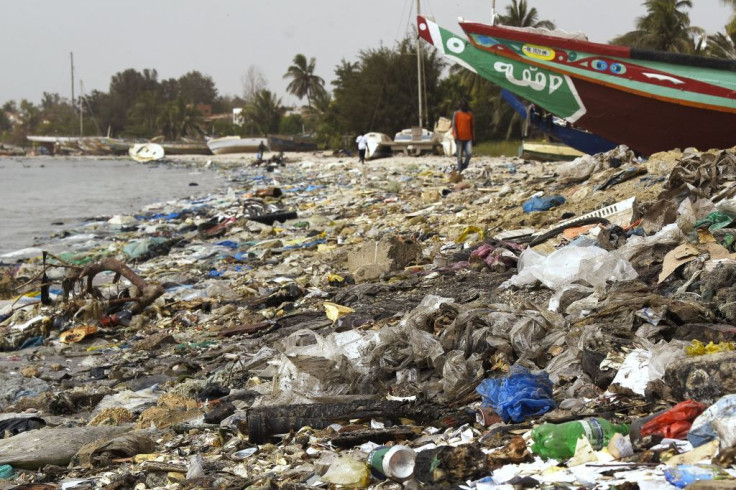This Is How Your Washing Machine Is Choking The Oceans

The world is facing one of the biggest challenges today- plastic pollution, especially in our oceans. With many factors like sewer wastage, industrial activities and garbage dumping, understanding the key sources is essential to help reduce its impact on the environment.
The latest addition in the list is a daily human activity- laundry.
A new research by Newcastle University highlights that it is not the spinning action of the washing machine but the volume of water used during a wash cycle that massively contributes to the releasing plastic microfibres from clothes.
Every time we wash clothes containing materials such as nylon, polyester, and acrylic, millions of plastic microfibers are shed. As these fibers are very small in size, they drain out of the washing machines, easily entering the marine environment.
“Counter-intuitively, we discovered that 'delicate' cycles release more plastic microfibres into the water, and then the environment, than standard cycles," Ph.D. student Max Kelly, who led the study, explained in a statement.
She further explained that a previous study had suggested that the pace at which the drum spins, is the most significant variable in the amount of microfibre released.
"But we have shown here that even at reduced levels of agitation, microfiber release is still greatest with higher water-volume-to-fabric ratios. This is because the high volume of water used in a delicate cycle which is supposed to protect sensitive clothing from damage actually 'plucks' away more fibers from the material,” Kelly added.
To help reduce the amount of these synthetic fibers released into the oceans, you can do your bit by avoiding high water volume fabric washes and ensuring full wash loads.
“Hopefully, these findings may also be used by manufacturers to influence the design of future washing machines and reduce our plastic footprint,” Kelly concluded, hoping that these changes would see a global reduction in the amount of water required to wash our clothes.
After all, it’s the small lifestyle changes that make a huge difference.
© Copyright IBTimes 2025. All rights reserved.





















